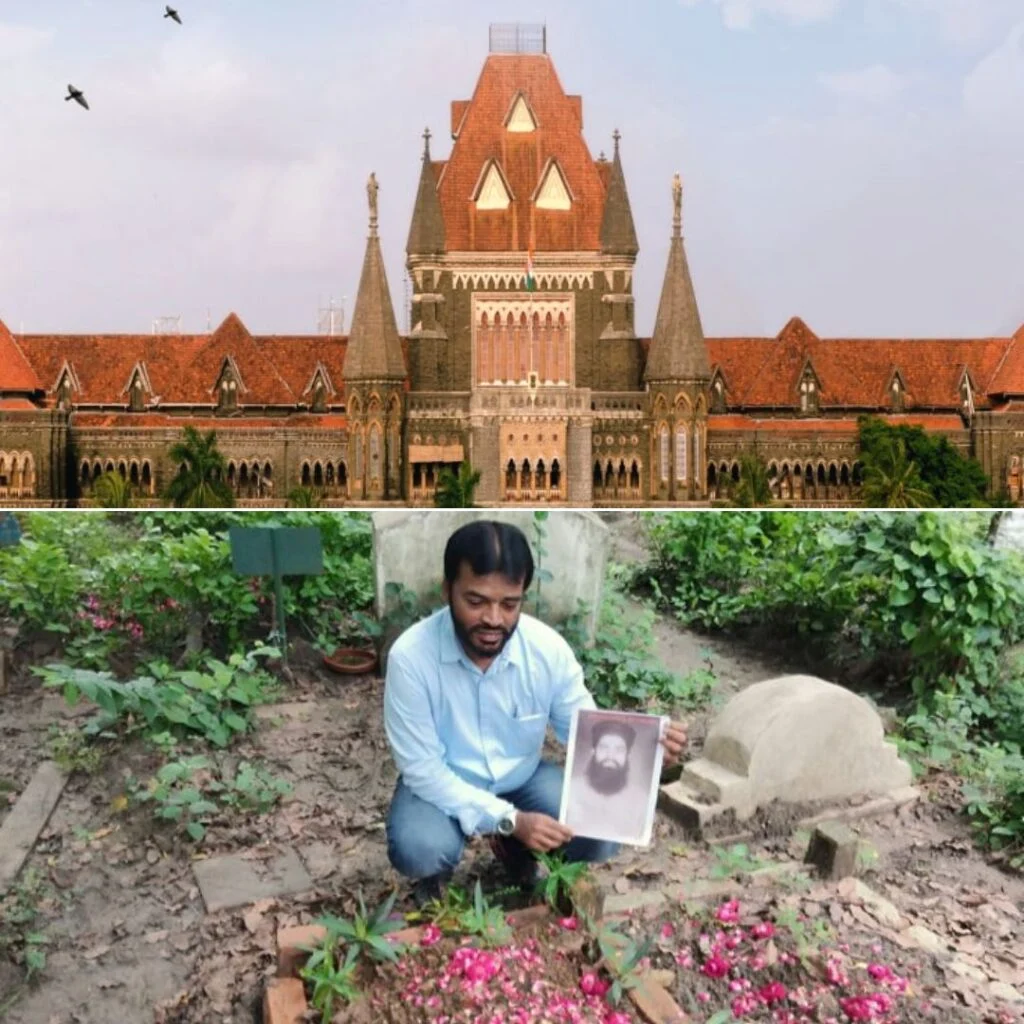The principle of “justice delayed is justice denied” is deeply ingrained in the conscience of a democratic society. However, when justice is not only delayed but arrives posthumously, it underscores a tragic failure of the justice delivery system. India, with its vast judicial machinery, is no stranger to such delayed redemptions.
Recent cases, such as that of Kamal Ahmed Vakil Ansari, an accused in the 7/11 Mumbai train blasts who was acquitted after his death, and Rahim Ali from Assam, who was declared a foreigner but posthumously proved to be an Indian citizen by the Supreme Court, reveal deep systemic flaws. These instances aren’t anomalies but are reflective of larger, persistent issues in India’s justice system.
Kamal Ahmed Vakil Ansari spent years in jail awaiting justice. After prolonged incarceration and trial, he passed away in custody. Only after his death was he acquitted. His family, unable to celebrate his innocence with him, visited his grave in Nagpur and read the court’s judgment at his burial site– a painful reminder that for some, justice comes too late.
This case underscores not only the slow pace of judiciary but also raises questions about the presumption of innocence and the conditions of undertrial prisoners in India. The emotional, psychological, and social trauma endured by Ansari’s family cannot be compensated by a late verdict.
In another tragic case from Assam, Rahim Ali was declared a foreigner by a Foreigners’ Tribunal under the controversial National Register of Citizens (NRC) process. Labelled as a non-citizen, he endured the burden of stigma and insecurity until his death. It was only after his passing that the Supreme Court, reviewing the case, declared that he was indeed an Indian citizen.
Rahim Ali’s posthumous vindication exposes the harsh realities of the NRC and the functioning of Foreigners’ Tribunals, where individuals are often denied adequate legal representation and where documentation errors can result in life-altering consequences.
These two stories are not isolated incidents. Over the years, India has witnessed several cases where individuals were acquitted, vindicated, or compensated only after their death:
A student in Kerala, P. Rajan was taken into police custody during the Emergency and died due to custodial torture. The truth of his death came out only after prolonged legal and public pressure. The delay in justice led to lifelong suffering for his family and sparked a significant debate about custodial torture and human rights.
In the 1970s and 80s, police in Bhagalpur, Bihar, blinded 31 undertrial prisoners by pouring acid into their eyes. Legal proceedings dragged on for years. Many victims either died or suffered irreparably before any form of acknowledgment or compensation came from the state. It took decades before the Supreme Court and National Human Rights Commission took serious note.
Justice for victims of the 1984 anti-Sikh riots in Delhi took over three decades. While some convictions were eventually secured, many victims died waiting for justice, and key accused lived freely for decades. Posthumous justice in such cases does little to heal the wounds of communal violence.
The Indian judiciary is overburdened, with over 50 million cases pending across various courts as of 2025. Delays stem from a combination of factors:
Understaffed Courts: India has far fewer judges per capita than recommended. Delays in appointments further exacerbate the problem.
Procedural Delays: Frequent adjournments, cumbersome processes, and slow investigations stall progress.
Undertrial Population: A significant portion of India’s prison population consists of undertrials, individuals who have not been convicted of any crime but await trial, often for years.
Lack of Legal Aid: Marginalised communities frequently lack access to competent legal representation, leading to miscarriages of justice.
Political and Communal Biases: In sensitive cases, political influence or communal prejudice can delay or distort the course of justice.
Loss of Life and Dignity: Individuals like Ansari and Ali died before they could clear their names or reclaim their dignity.
Erosion of Public Trust: Repeated failures undermine citizens’ faith in the legal system.
Social Stigma: Even if posthumously acquitted, the stigma of having been accused or labelled lingers for the family.
Human Rights Violations: Long incarcerations without conviction violate basic human rights enshrined in the Constitution.
To prevent such tragic stories from recurring, India’s legal system must undergo structural and procedural reforms:
Fast-Tracking Sensitive Cases: Especially those involving undertrials, citizenship disputes, and communal violence.
Strengthening Legal Aid: Ensuring legal representation for the marginalised.
Accountability for Miscarriage of Justice: Holding law enforcement and judicial officers accountable for negligence or misconduct.
Use of Technology: Implementing AI-based systems for case management and hearing scheduling to reduce pendency.
Public Awareness and Legal Literacy: Educating citizens on their rights to ensure they aren’t exploited or misjudged.
Justice that arrives after death serves neither the individual nor the society. It is a cold comfort to families who endure years of trauma, shame, and uncertainty. While the acquittals of Kamal Ahmed Vakil Ansari and Rahim Ali may symbolically clear their names, they also mark a collective failure of the Indian justice system. As India continues to project itself as the world’s largest democracy, it must also uphold the values of timely justice, fairness, and dignity for all – even the most marginalised. Only then can justice be called truly served.


